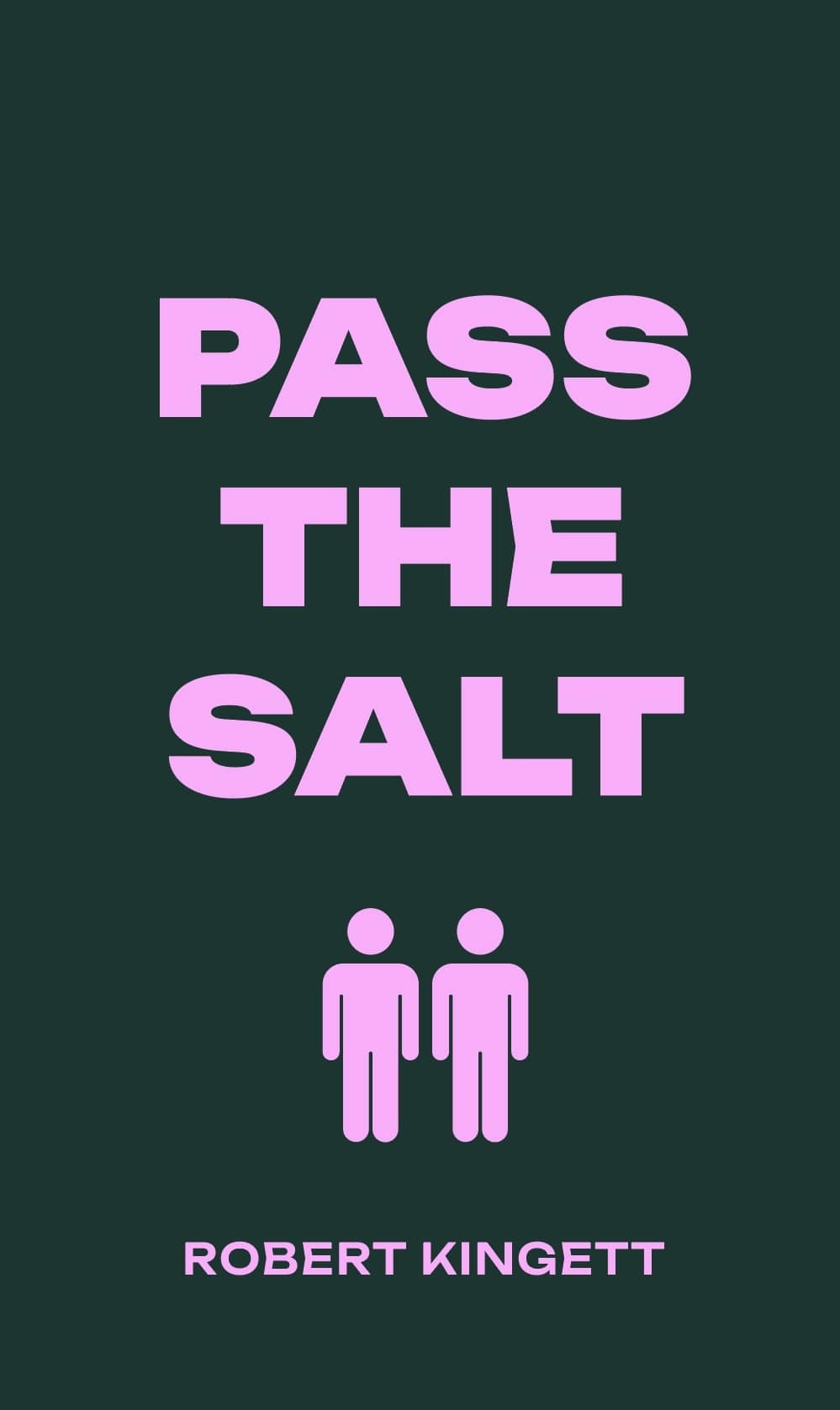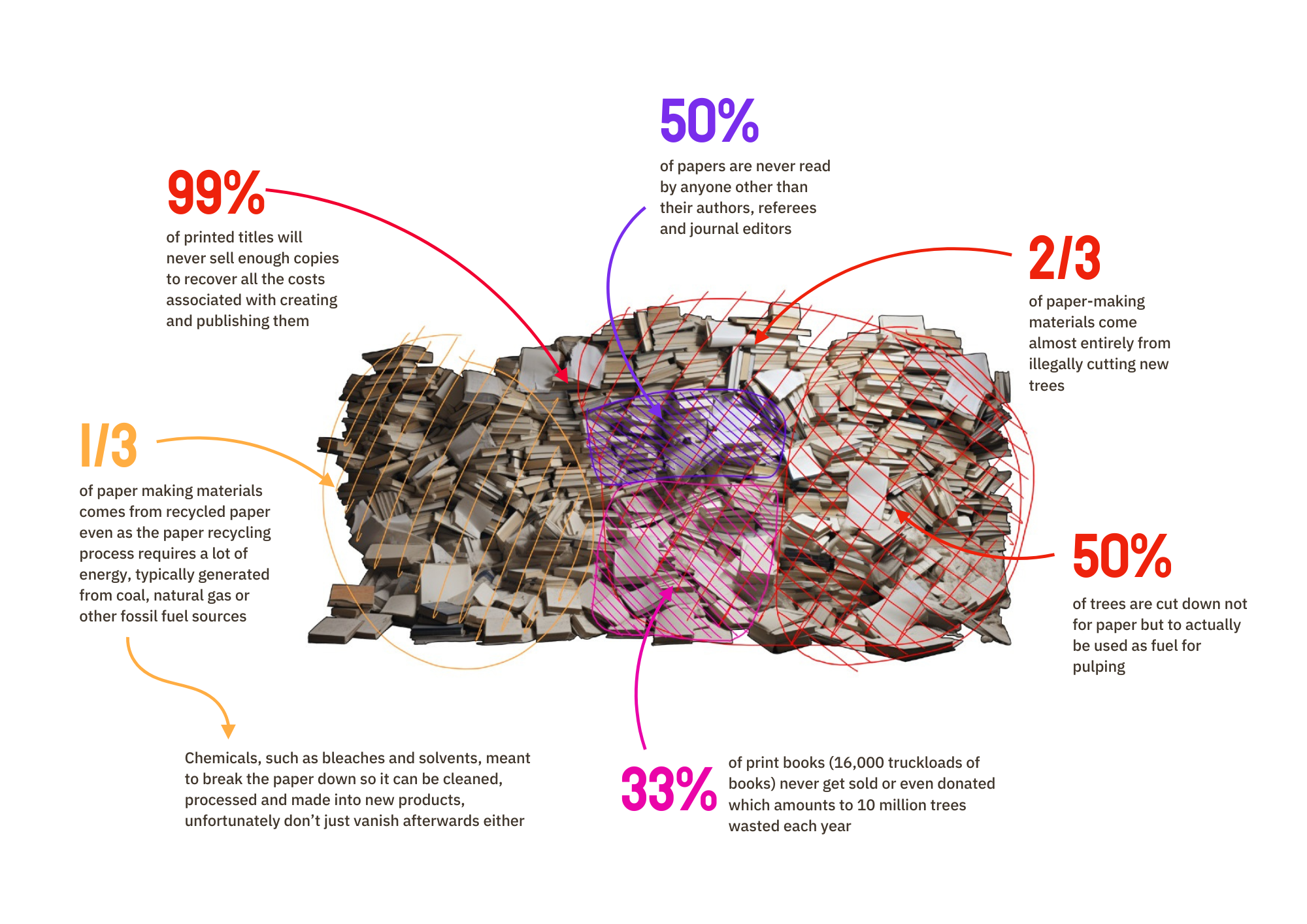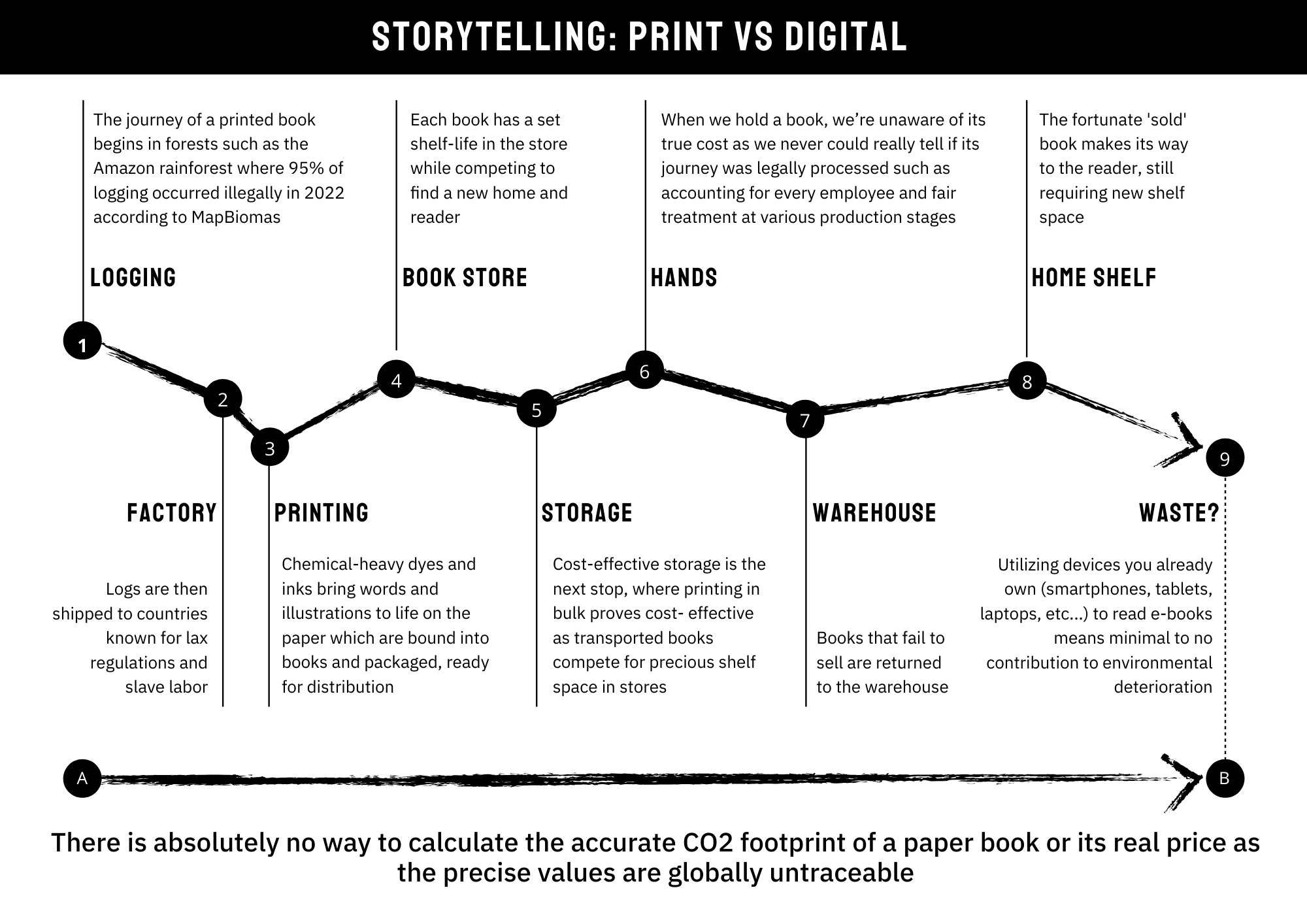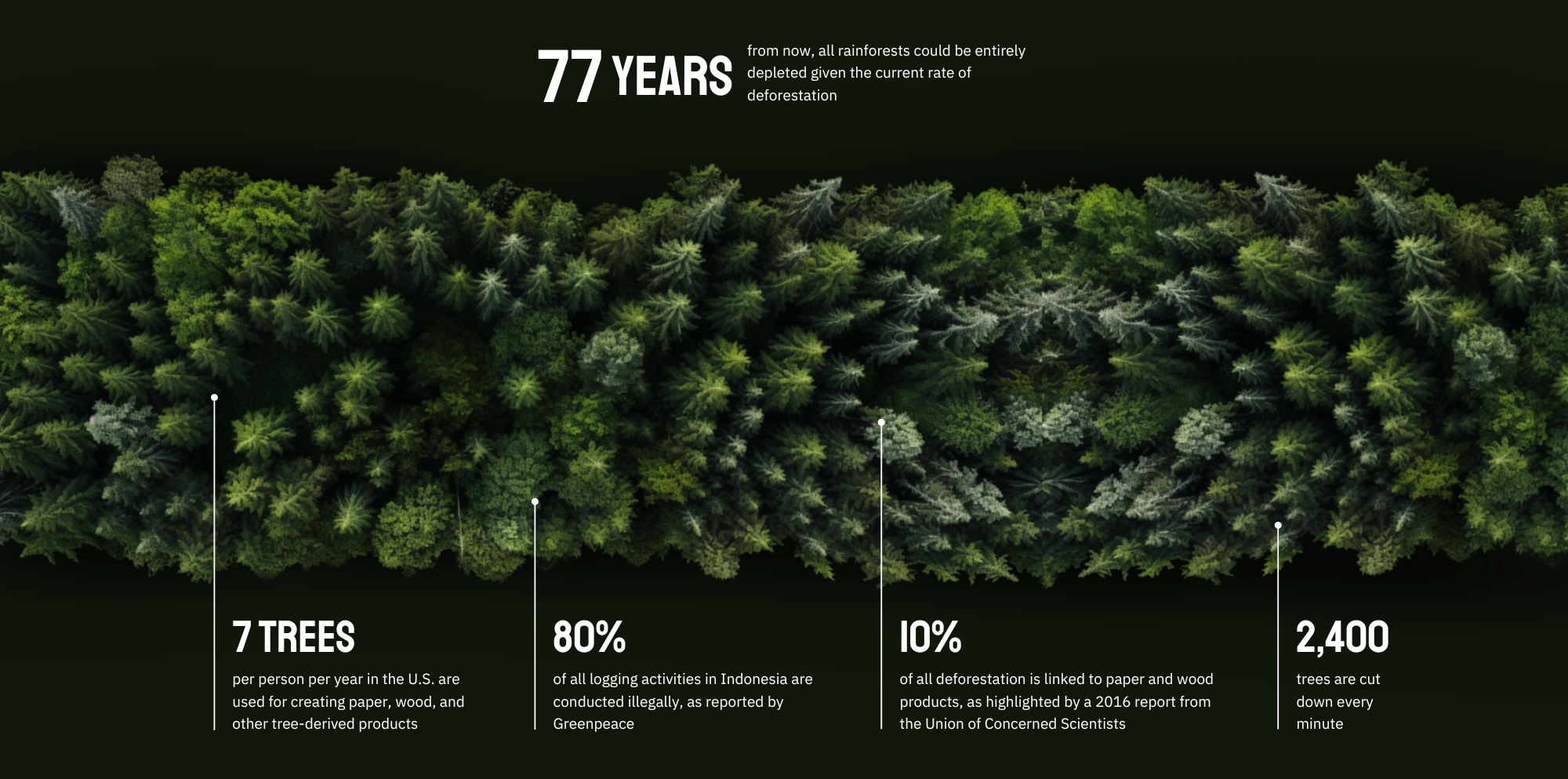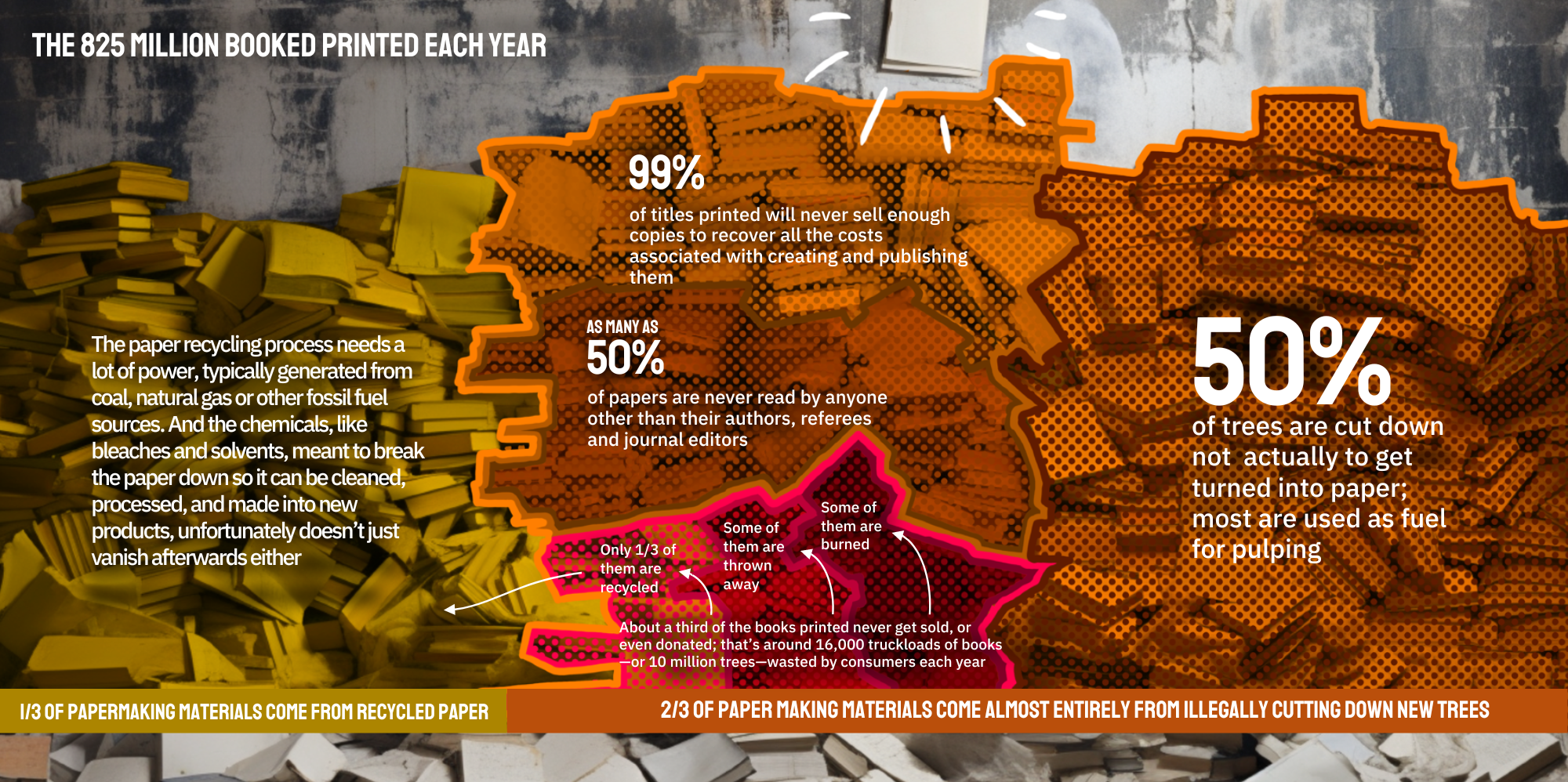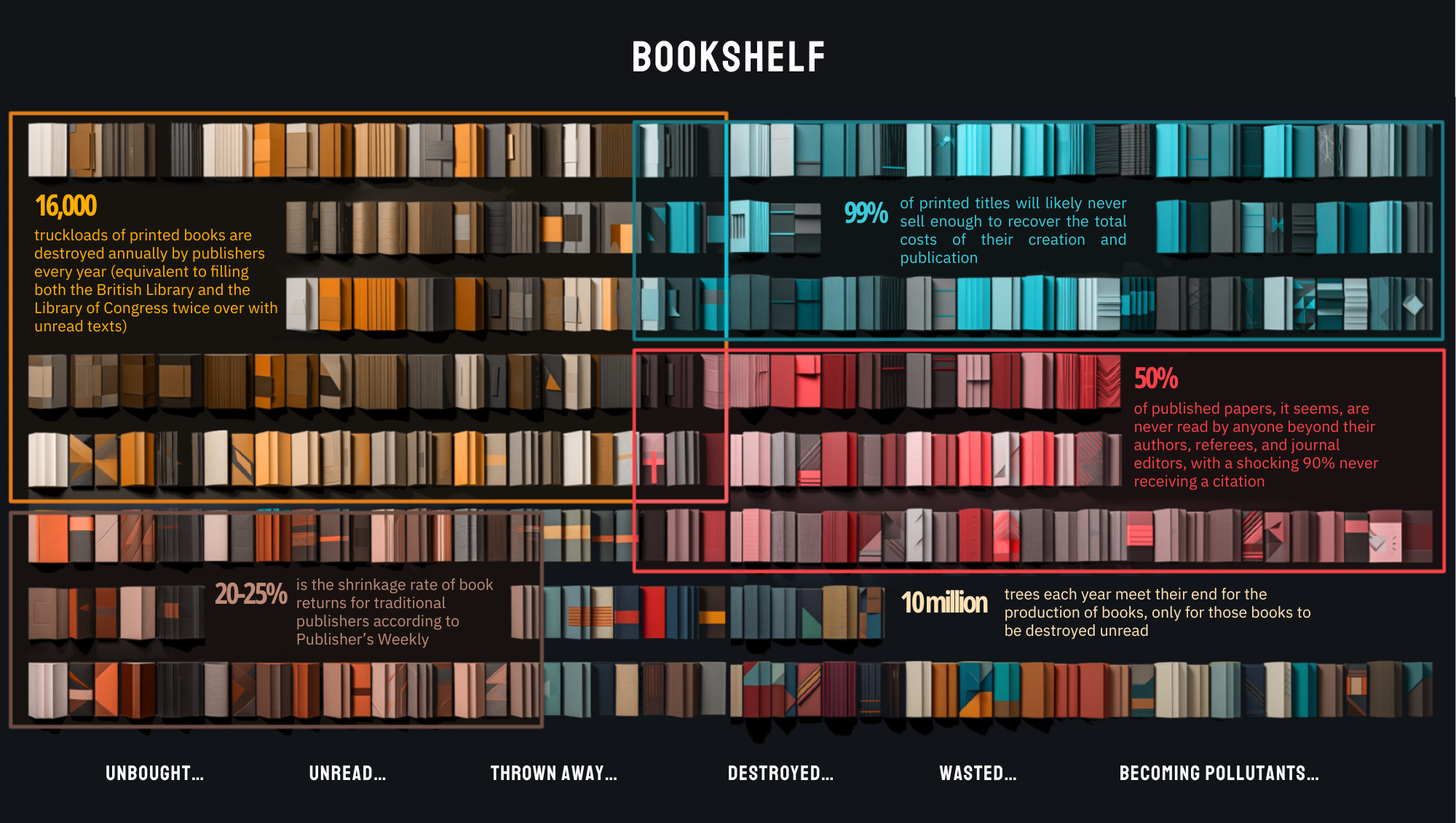Championing words that inspire compassion
We support new and unsigned authors
Compassiviste Publishing welcomes unsolicited full-length manuscripts and submissions to our quarterly anthology. We welcome writers at any stage of their career, and support authors from disadvantaged and diverse backgrounds.
Our work includes fiction and non-fiction books across a wide range of genres, covering important social, cultural and environmental topics aligned with Compassiviste Foundation’s charitable causes. We invest 100% of our net profits back into the charity.
Our books
Great books supporting greater causes
Great literature has the potential to change unjust minds and attitudes. Our collection of works are available as e-books and are designed to encourage change, mitigate the environmental impact of printing while supporting the mission of Compassiviste Foundation.
Publishing’s ethical conundrum
We recognise there are many ethical issues of working with large multinational companies like Amazon and Barnes and Noble; issues like human rights, tax avoidance and climate change. By selling our books through these platforms, we sadly contribute to these injustices.
However, we also recognise that these companies’ publishing platforms provide an opportunity for many authors to have their voices heard.
Our goal is to share our message with as many people as possible, and raise much-needed funds for environmental and human rights charities via Compassiviste Foundation. In today’s market, if we are to reach our audience, effectively share our message, and raise these crucial funds, selling our titles through Amazon is unavoidable, particularly as an ebook-only publisher.
If you would like to be involved in our movement, we’d love to hear from you. We also welcome dialogue from companies such as Amazon and Barnes and Noble regarding the ethical steps that may be taken to improve their platforms.
Publishing and the environment
From an environmental perspective, the publishing industry is one of the most damaging. Each year, 40 million metric tons of carbon dioxide are emitted by the global book publishing industry1, and in the US alone, 32 million trees are cut down each year to produce books. Many publishers print in bulk to reduce costs. Unsold books are then burnt, thrown away or destroyed. Astonishingly, about a third of the books printed never get sold or even donated; that’s around 10 million trees—wasted by consumers each year. Up to 14% of global deforestation is due to our need for paper products, which includes books.
Digital publishing is also not without environmental impact. E-readers are typically produced using toxic petrochemicals and large amounts of water, and the energy required to produce and power a Kindle throughout its lifetime equates to approximately 168kg of CO2 emissions2. However, research shows that on average, a single print book equates to 7.5kg of CO2 emissions3. Therefore, if you purchase four books a month over a period of five years, you are reducing your carbon footprint by more than a tonne by choosing to read digitally. And if you fill your Kindle to its 15,000-book limit, your carbon footprint is reduced by a whopping 99.99%!
1 https://wordsrated.com/impact-of-book-publishing-on-environment/#:~:text=For%20the%20US%20alone%2C%20the,largest%20industrial%20greenhouse%20gas%20emitter.
2 https://gato-docs.its.txst.edu/jcr:4646e321-9a29-41e5-880d-4c5ffe69e03e/thoughts_ereaders.pdf
3 https://onlinelibrary.wiley.com/doi/abs/10.1111/j.1530-9290.2011.00414.x
Paper and the Environment
The infographics below highlight the social and environmental hazards of print publishing.





